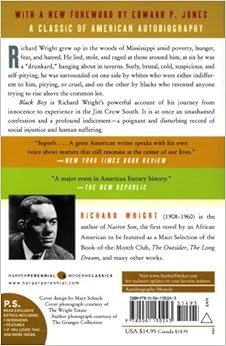






| Amazon Price | New from | Used from |
|
Mass Market Paperback
"Please retry"
|
—
|
$11.04 | $0.01 |
|
Audio CD, Audiobook, Unabridged
"Please retry"
|
$20.13 | $12.68 |
|
Unknown Binding
"Please retry"
|
—
|
— | $1.39 |

|
If you buy a new print edition of this book (or purchased one in the past), you can buy the Kindle edition for only $2.99 (Save 70%). Print edition purchase must be sold by Amazon. Learn more. |
Product Details
Would you like to update product info or give feedback on images?.
|